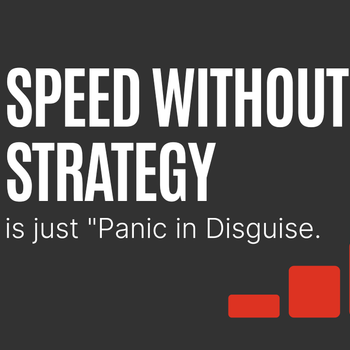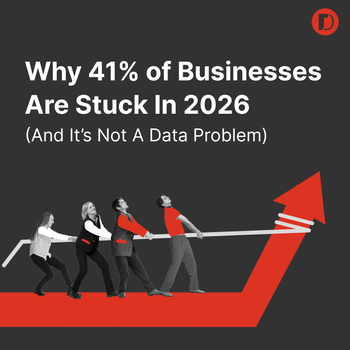Using Your SEO Data to Create High-Quality AdWords Campaigns
by Chris Dreyer • November 16, 2017
SEO and AdWords campaigns have a lot in common. When it comes to organic search, Google ranks pages and not entire sites, so each page must target a specific phrase and variations of that phrase.
Similarly, ad groups, ads, keywords and landing pages in AdWords behave in much the same way. As a result, if you already have a high-quality SEO campaign running, you can save yourself a ton of time and money by using that data to build out your AdWords campaigns.
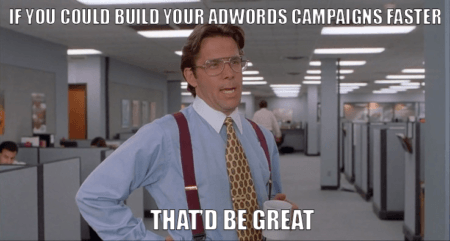
Using existing keyword data for your ad campaigns
One of the first steps in any pay-per-click (PPC) campaign is to identify keyword phrases to target. This usually entails spending hours pouring over keyword data to find phrases with decent volume that don’t have astronomical costs per click.
If you’ve already been doing SEO, the good news is, you’ve already done a lot of your keyword research. All you have to do is take the keyword phrases you’re targeting with your SEO and use them for your ad campaigns.
There are some important tasks you have to complete before you plug your phrases into AdWords though.
- Check cost-per-click (CPC)
- Organize your keywords into topic areas
Let’s take a look at each of these tasks in more detail:
1. Check CPC
There are many similarities between PPC and SEO keywords, but you’ll want to check how much it will cost to use your keywords in an ad campaign. Use a tool, like Google’s Keyword Planner, to get quick information on CPC.
If you have an AdWords account, open your account, click the wrench icon in the top right hand corner (new AdWords experience), then select “Keyword Planner” under “Planning.”
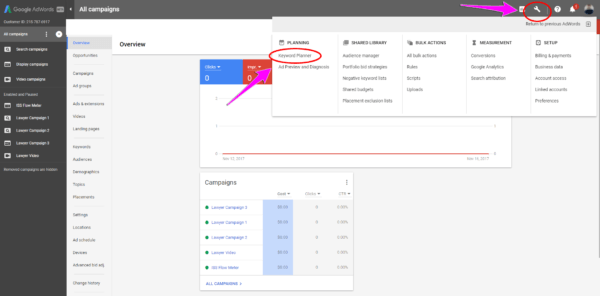
Plug your keyword phrases into the Planner and separate them with a comma. If you’re targeting a local geographic region, you can select the particular region in the Planner to try to get a more accurate estimate of demand. Once you’re done, click “Get ideas.”
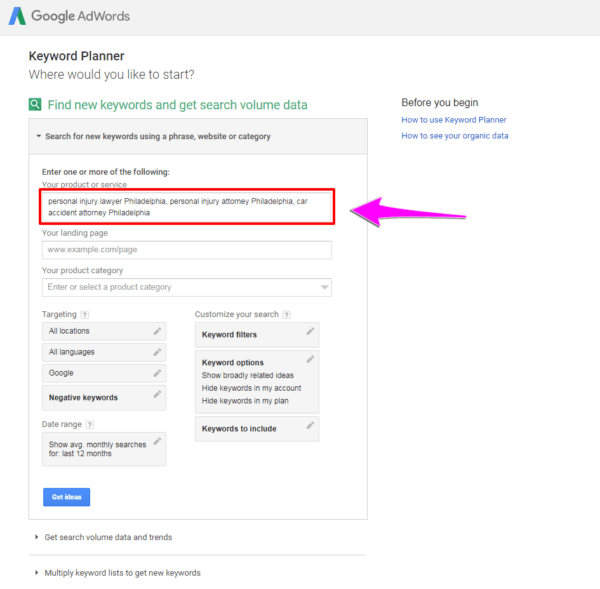
Google retrieves data on your phrases including search volume, keyword competitiveness and suggested bid (the CPC) amounts.

Using this information, you can decide whether the same phrases targeted in your SEO campaign are a good business fit for your AdWords campaigns.
Keep in mind that these suggested bid amounts are only estimates, and your actual CPC may vary based on the optimization of your campaigns. Demand for keyword phrases can also fluctuate, causing costs to go up or down.
2. Organize your keywords into topic areas
Successful ad campaigns hinge on good organization. In other words, you have to organize your keyword data into logical topic areas so that Google can best serve the most relevant ads based on a user’s search query.
Again, if your SEO was done correctly, this work has already been done.
All you need to do is take the primary keyword phrase that a page is targeting, along with its variations, and group them together.
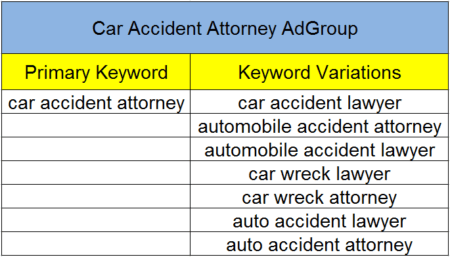
When you go to build out your campaigns in AdWords, those keyword groupings will become your ad groups.
Landing pages are already selected
When SEO is done right, each page of a site should be targeting a specific keyword phrase and its variations. That page is essentially the landing page for organic search traffic.
This means that if you have used the keywords for a particular page in your AdWords campaigns, the associated organic landing page can also be the AdWords landing page.
Landing pages still need to be optimized for PPC
In terms of content and relevance, landing pages for search and PPC can be interchangeable. You still need to make sure that your pages are optimized correctly to work well with an ad campaign.
Many of these items should have already been done—even though a page may not have been intended for an ad campaign—but we want to point them out since they aren’t necessary to rank well in organic search.
- Place a clear call to action (CTA) above the fold. The action you want your visitors to take after they click on an ad should be clear as day. It should also be above the fold (the point at which most people would have to scroll to see more content).
- Ensure you’re speaking to your target audience. Speak to the specific pain points of your audience. Develop emotional elements that will make them want to take action.
- Write compelling headlines. Target keywords in headings are important to rank a page in organic search. However, compelling marketing language is essential for successful PPC landing page conversion.
- Include images. Try to use unique imagery that is relevant to your target audience or that aids your call to action.
- Add social proof. Include trust elements like security badges and association memberships to instill trust in your visitors. They should feel comfortable leaving credit card information on the site, even if you aren’t selling something online..
Google outlines several best practices for optimizing landing pages for your campaigns that you should also follow.
Using ‘also searched for’ to build out ad groups
If your landing pages don’t have a lot of keyword variations, you can use the related searches information from Google search results pages to build out your adgroups.
Simply type your primary keyword phrase into Google and then scroll to the bottom of the page. You’ll see other phrases that people have been using that are similar to your phrase.
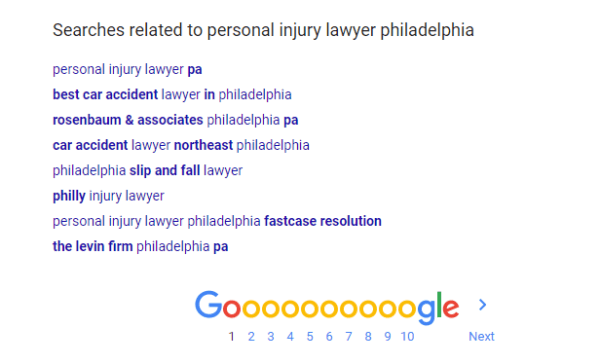
Be selective when choosing phrases from this data source. Not all phrases are good candidates for your adgroup and some may contain names of other businesses.
Conclusion
The main benefit to this whole approach is that it saves you time. If you’ve already invested in SEO for your site, the leg work that was expended to rank pages for organic search can easily be translated to an AdWords or Bing PPC campaign.
For example, the organizational structure of content, keywords, and landing pages are all very similar between SEO and Google or Bing PPC.
You don’t have to do much if new keyword research and landing pages are already well organized and relevant.
Another huge benefit is the amount of exposure you can get on a search results page. If you are already ranking number one for your target phrase in organic search, you can get that much more visibility by having your well executed AdWords ad show up for the exact same query. In essence, you can begin to dominate the top half of a Google search page using this approach!



